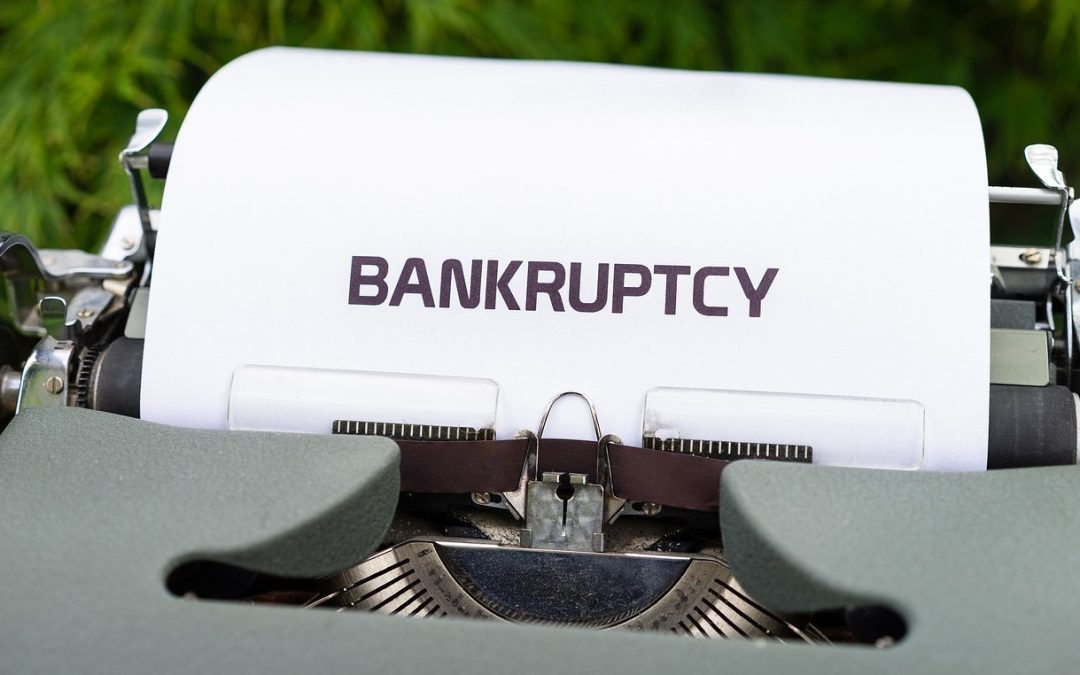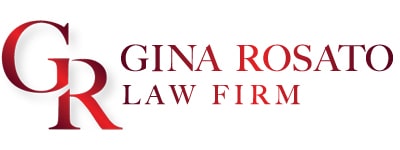
What debts are dischargeable in a Chapter 13 and not in a Chapter 7?
There are several reasons that a potential client might consider a Chapter 13 verses a Chapter 7 even if they are eligible to file a Chapter 7 bankruptcy case.
A Chapter 13 bankruptcy allows you to restructure your debt such as paying back mortgage arrears. For example, if you are $50,000 in arrears in your mortgage you can spread that payment over 60 months to repay in a Chapter 13 plan. A Chapter 13 bankruptcy might also potentially lower a car payment by lengthening the payment terms or lowering your interest rate.
A Chapter 13 bankruptcy also allows certain debts to be discharged which are not dischargeable in a Chapter 7 bankruptcy such a property settlement /division of asset award in a divorce case. This is distinguishable from alimony and child support awards which are not dischargeable in either bankruptcy Chapter. A divorce attorney fee award is also not dischargeable in either Chapter of bankruptcy if the attorney secured an alimony or child support award.
Another debt that is dischargeable in a Chapter 13 and not a Chapter 7 is “willful and malicious injury to property” such a criminal mischief. This is also distinguishable from damage caused by driving under the influence which is not dischargeable in either a Chapter 7 or a Chapter 13 bankruptcy. If you have any questions about whether a particular debt is dischargeable it is best to consult with a bankruptcy attorney for guidance.







